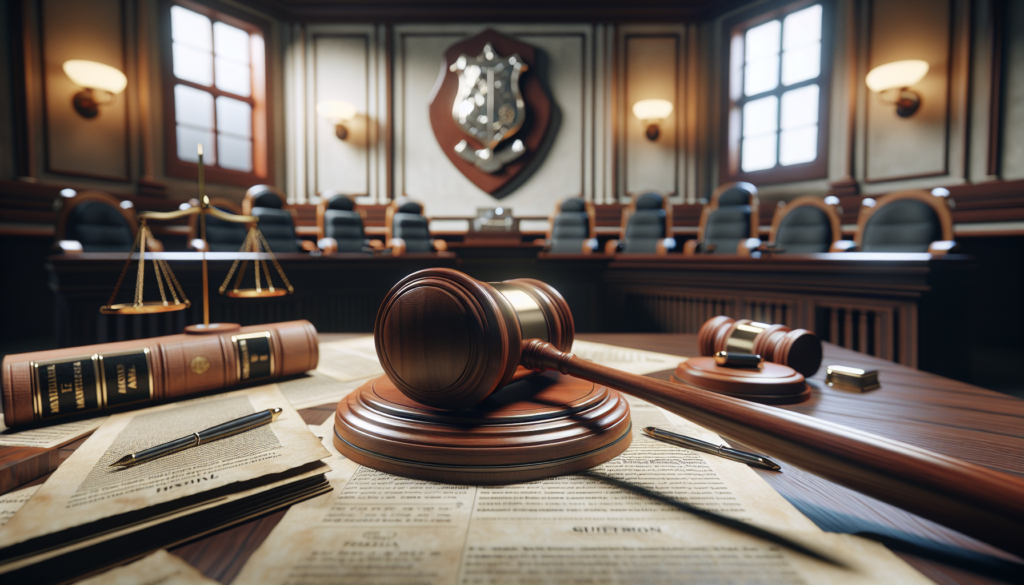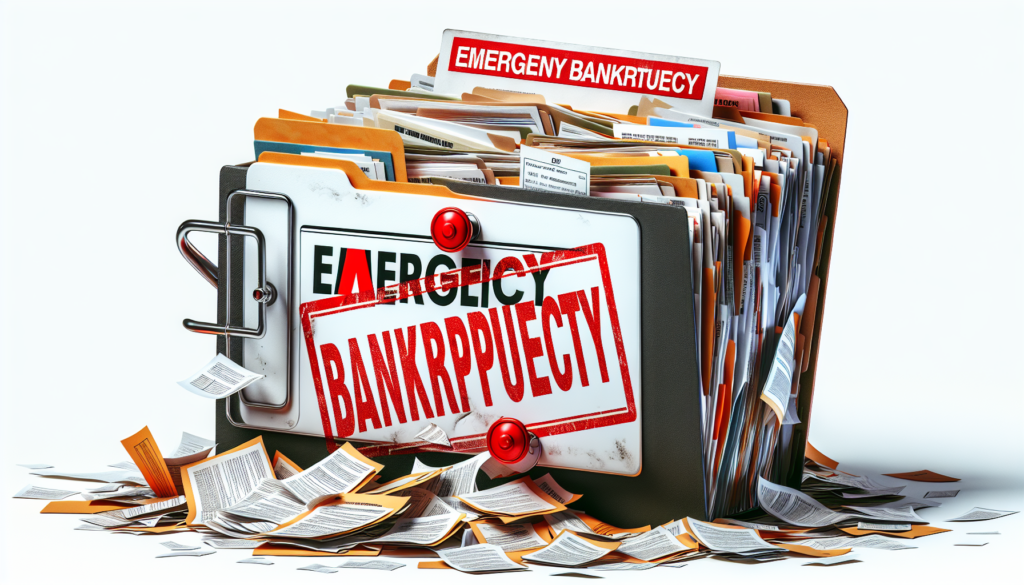
Corporate bankruptcy and personal bankruptcy are distinct processes, generally involving separate legal entities. However, they can intersect in several ways, especially if personal guarantees are involved or if the business structure doesn’t provide a clear separation between personal and business assets. Here’s how corporate and personal bankruptcies can mix:
-
Sole Proprietorships:
- In a sole proprietorship, there’s no legal distinction between the business owner and the business itself. Therefore, filing for personal bankruptcy essentially includes the business since the owner’s assets and liabilities are considered the same as the business’s. A Chapter 7 personal bankruptcy would involve liquidating personal and business assets, while Chapter 13 would allow for a repayment plan that includes business debts.
-
Personal Guarantees:
- Business owners often have to provide personal guarantees to secure financing or business leases, especially in small businesses or new ventures. If the business goes bankrupt and can’t fulfill its debt obligations, creditors can pursue the individual’s personal assets due to the personal guarantee. Conversely, if an individual files for personal bankruptcy and has outstanding business debts with personal guarantees, those debts will be part of the individual’s bankruptcy process.
-
Corporations and LLCs:
- Corporations and limited liability companies (LLCs) provide a legal separation between the business owners’ personal assets and the business’s liabilities. If a corporation or LLC files for bankruptcy, ideally, the owners’ personal assets are protected. However, if owners commingled personal and business funds or engaged in fraudulent activities, creditors might “pierce the corporate veil” and go after personal assets.
-
Chapter 11 Bankruptcy:
- Chapter 11 is typically a corporate bankruptcy option allowing a business to reorganize its debts while continuing operations. However, it can also be used by individuals, particularly those with debts or assets exceeding the limits of Chapter 13. In such cases, the individual’s and business’s financial reorganization can be intertwined, especially if the individual is heavily involved in the business.
-
Impact on Credit and Future Operations:
- A personal bankruptcy can impact an individual’s ability to secure financing for business operations in the future. Similarly, if a business owner’s personal credit is tied to the business, the business’s bankruptcy can affect the owner’s personal credit score.
-
Strategic Considerations:
- Business owners facing both personal and business financial distress often need to strategize the timing and type of bankruptcy filings. For example, they might file for business bankruptcy first to address business debts and then file for personal bankruptcy to manage any remaining personal liability.
While corporate and personal bankruptcies are distinct, they can intersect, especially in small businesses or when personal guarantees are involved. Business owners should carefully consider their business structure, personal liability, and the implications of each type of bankruptcy. Consulting with legal professionals who understand both personal and corporate bankruptcy is crucial to navigate these complex situations effectively.


Get a Free Bankruptcy Case Evaluation